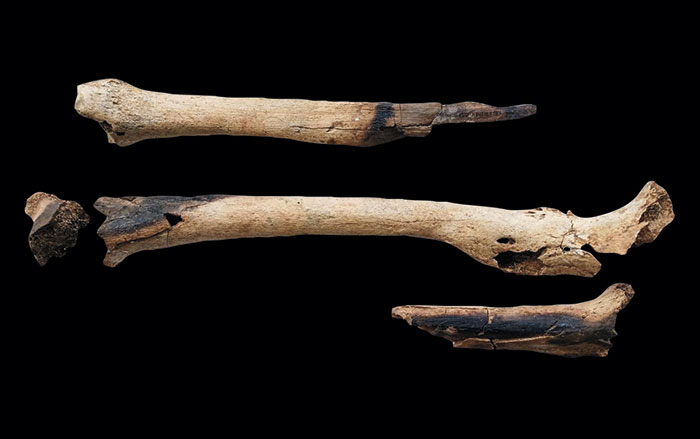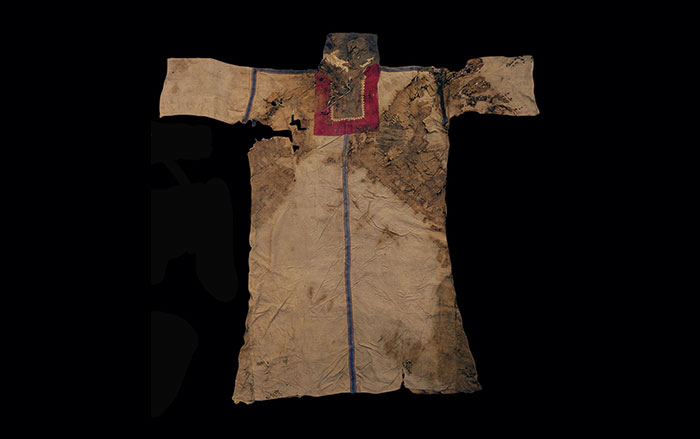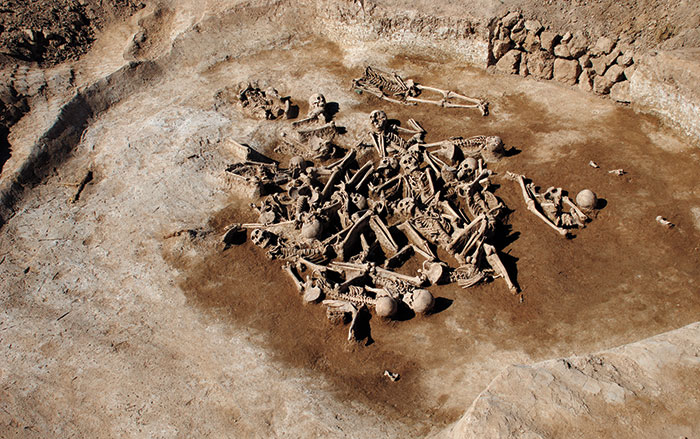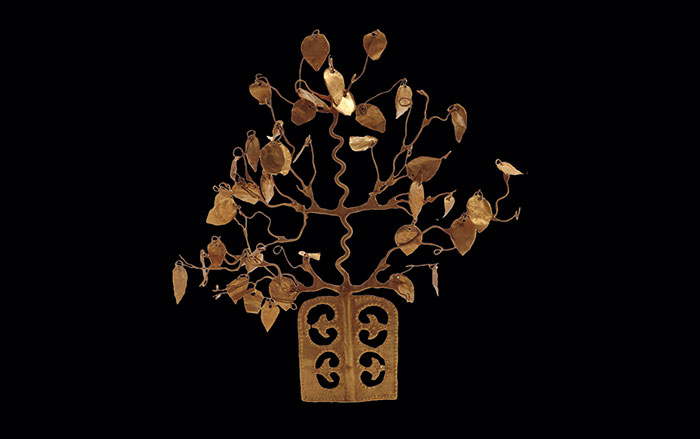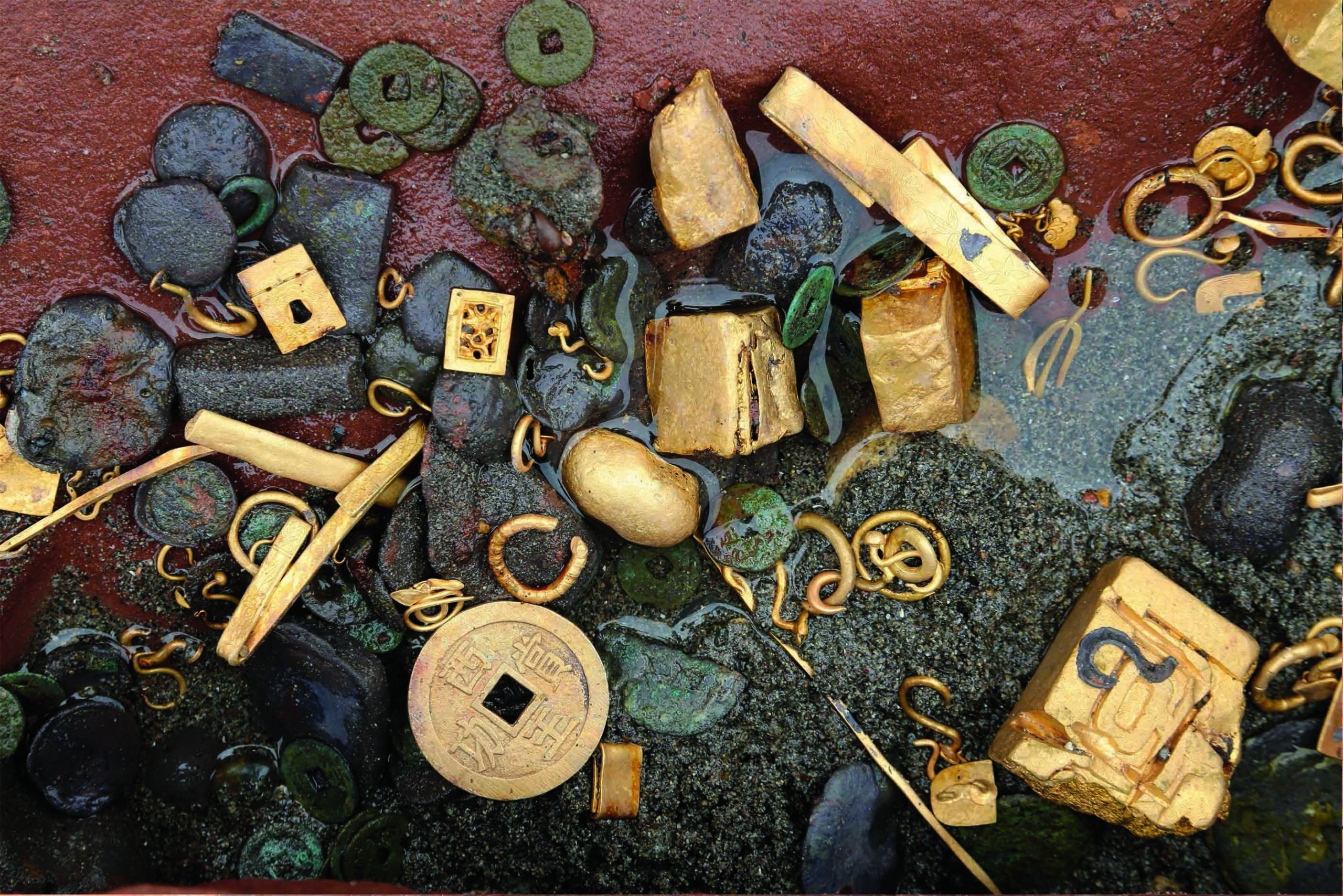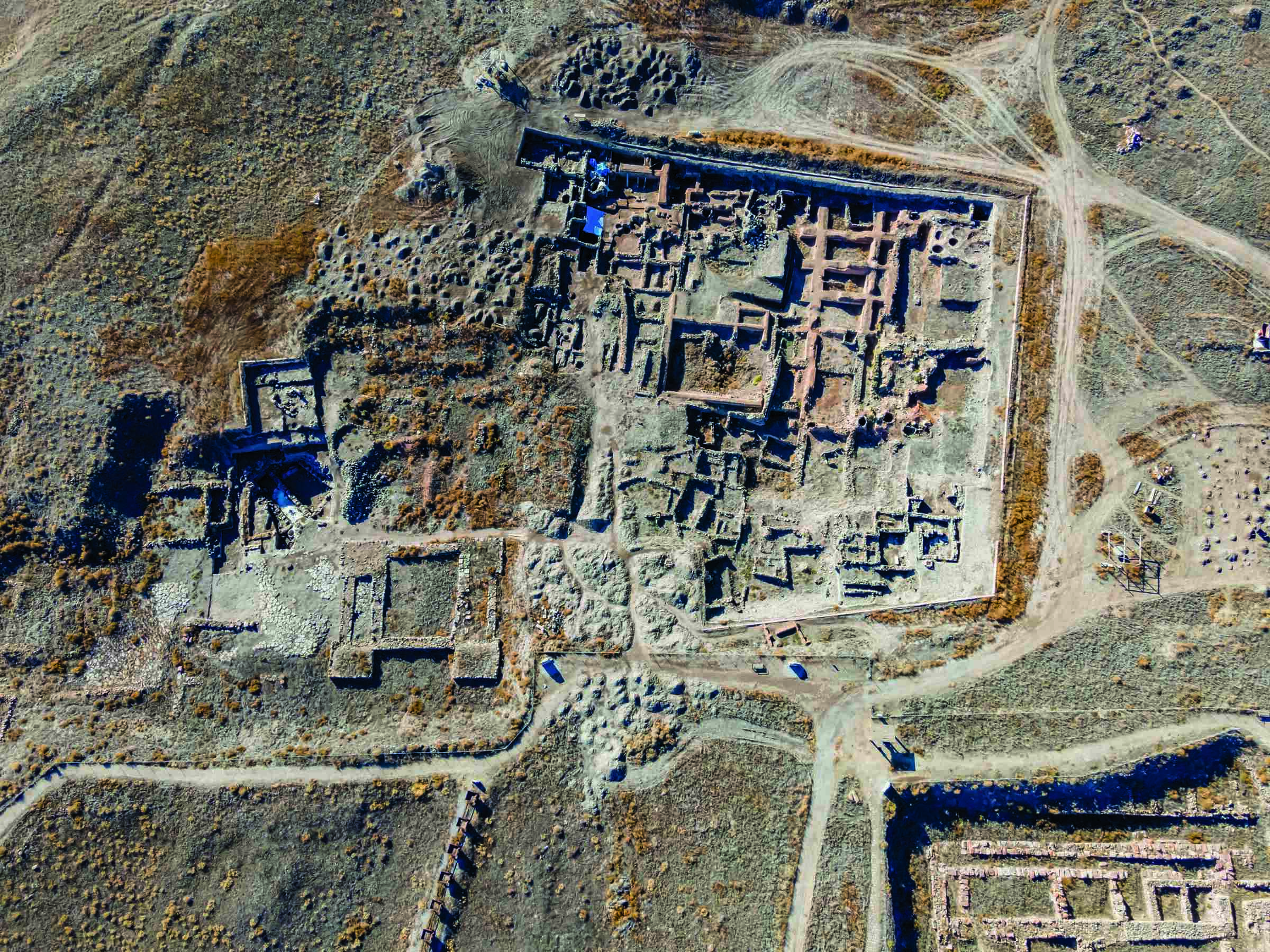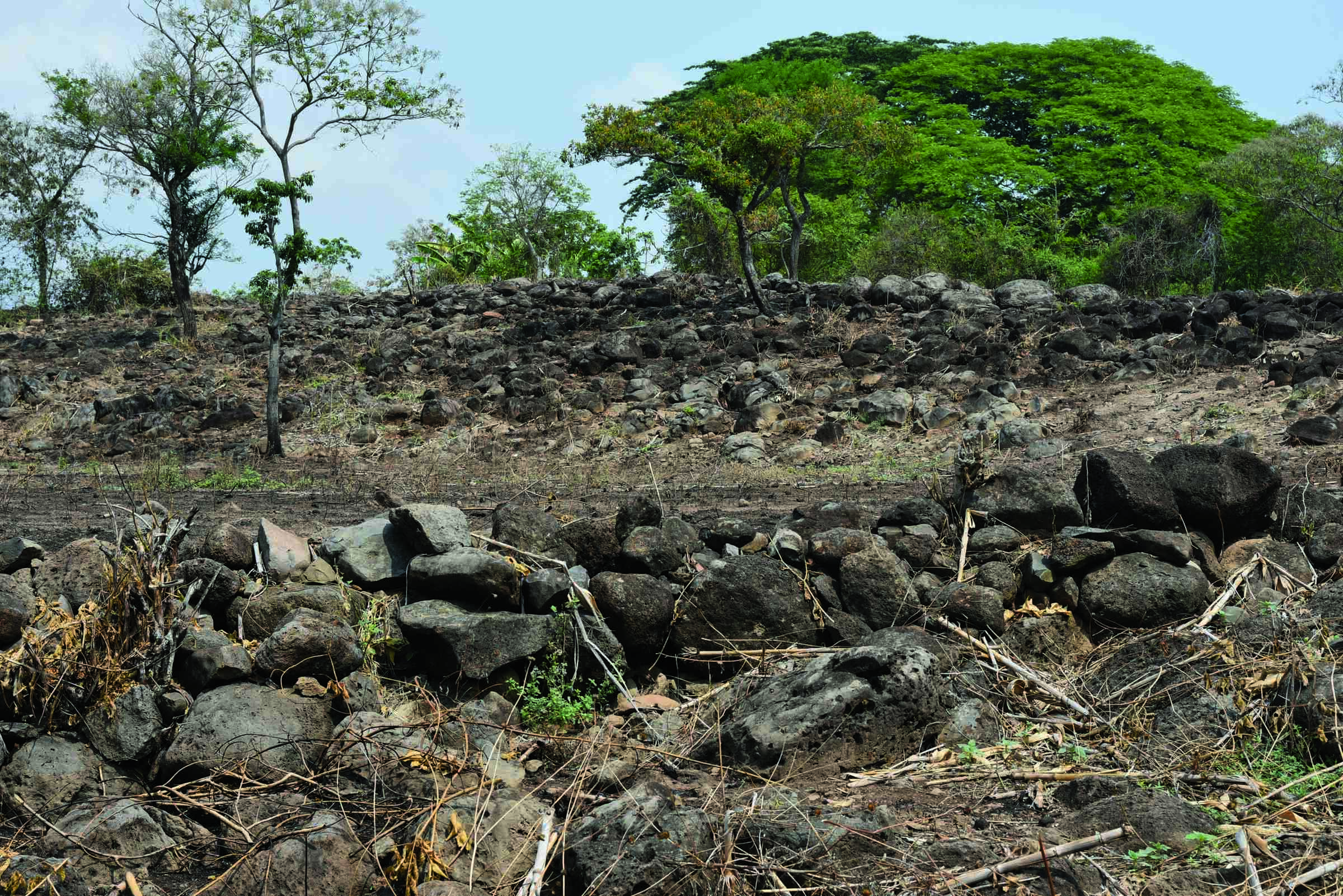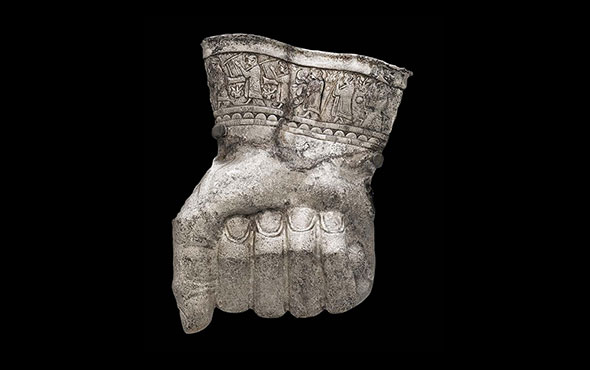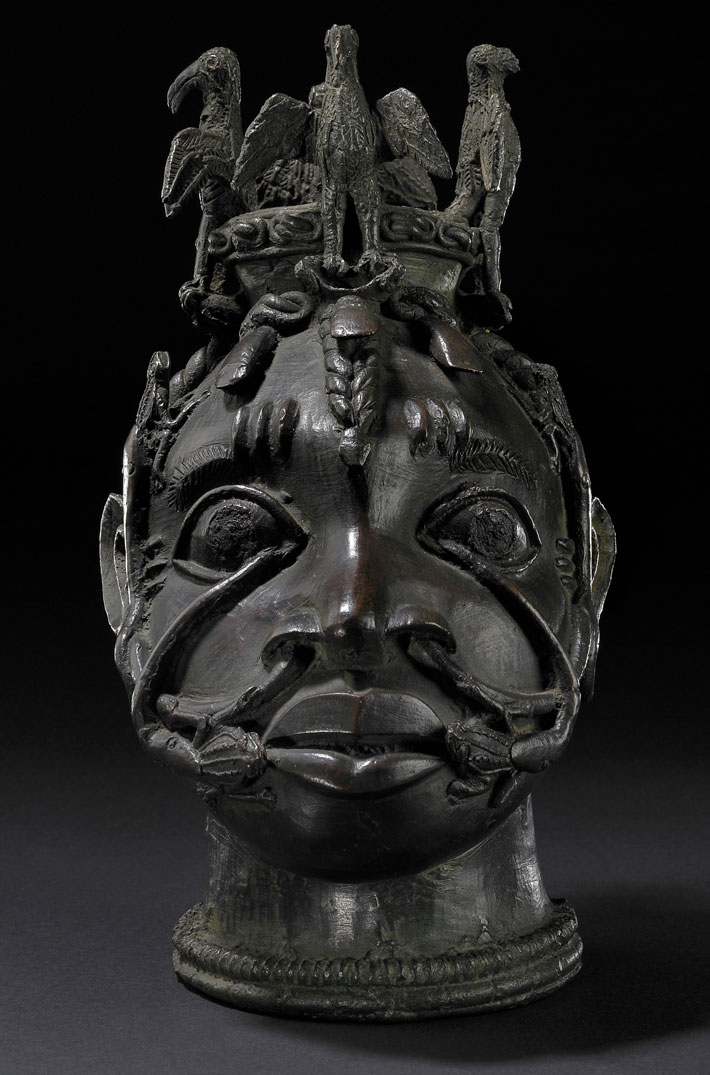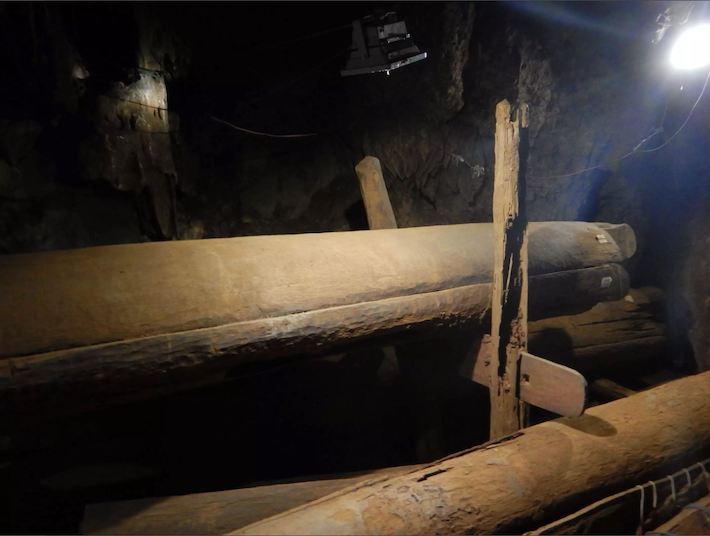
LEIPZIG, GERMANY—According to a statement released by the Max Planck Institute for Evolutionary Anthropology, Rasmi Shoocongdej of Silpakorn University, Selina Carlhoff of the Max Planck Institute for Evolutionary Anthropology, and their colleagues analyzed DNA samples taken from 33 individuals who were buried in large wooden coffins at five sites in northwestern Thailand between 2,300 and 1,000 years ago. These coffins, each made from a single teak tree carved with geometric, human, and animal shapes, belong to a practice known as Log Coffin culture. Such coffins have been recovered from 40 different limestone caves and rock shelters in Mae Hong Son province. The study suggests that the individuals belonged to a large community featuring two separate ancestries: one from China’s Yangtze River Valley, and the other from China’s Yellow River Valley. The remains of close relatives, such as parents, children, and grandparents, were identified within the same cave system. The genetic analysis also found that these clusters of closely related individuals were then more distantly related to other individuals buried at the same site. Lower levels of relationship were found between groups at different burial sites, suggesting that these groups remained connected even though the burial sites were in different river valleys. “This result is highly significant, since wooden coffins were also used in other archaeological cultures all over Southeast Asia,” Shoocongdej explained. Read the original scholarly article about this research in Nature Communications. To read about a Neolithic settlement in China's Yangtze Delta, go to "Early Signs of Empire."


